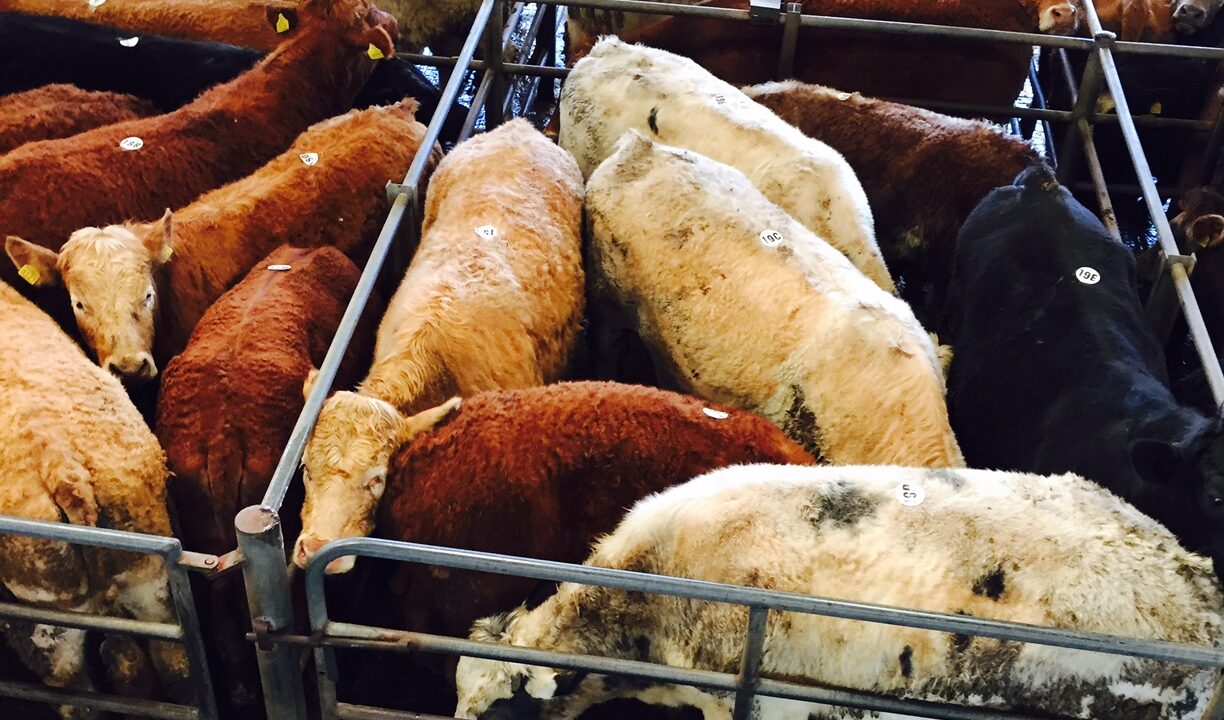The Irish agri-food sector needs a strong voice at the EU negotiating table and the next Government will face a series of demanding challenges at EU level, according to ICOS.
The body representing Irish co-ops has launched a statement of priorities for political parties and general election candidates in 2016.
Under CAP funding, ICOS has said that the next Government needs to continue to support and advocate for a strong EU budget capable of sustaining farm families, rural communities and the food sector.
It is essential that the next Government closely monitors international trade negotiations, the body has said, adopting a pragmatic approach to ensure that new opportunities for trade are fully developed in a way that does not threaten sensitive sectors.
On Britain and the EU, it believes that the next Government needs to adopt a strategy to ensure that free trade between Britain and Ireland is unaltered by any political change.
When it comes to climate change, ICOS believes it must ensure that Ireland’s carbon efficient, grass fed production system receives full recognition in the context of EU climate change negotiations.
It must also introduce measures to assist farmers and the agrifood industry accelerate the progress being made in achieving sustainable intensification.
ICOS calls on the next Government to amend without delay the Irish Rural Development Programme to provide for low cost, and accessible long term finance for the agri-food sector as has been offered by the European Investment Bank.
ICOS has also outlined the following for the incoming Government:
Co-operative Livestock Marts
The co-operative livestock mart sector enables farmers sell animals collectively without depending on any one buyer. However, there are many issues impacting on the success of the livestock sector.
Anti-competitive measures
The Government needs to address the anti-competitive measures the Irish meat factories insist on through their ‘Quality Payment System’ where cattle that have moved farms in the last 70 days before slaughter are penalised and do not qualify for the QPS bonus.
The QPS is also withheld if cattle have had more than four movements from farm to farm prior to slaughter, even if all farms are quality assured.
This practice discriminates specifically against livestock marts where Irish meat factories have effectively removed trade in factory fit animals from livestock marts.
Live exports
The Government needs to promote Irish live exports of cattle and sheep to ensure this valuable alternative marketing outlet remains strong to ensure open and fair competition for all livestock types.
Multiple retailer power
The Government needs to address the power of the multiples and meat processors on their abuse of EU labelling regulations which has shut down our traditional live exports to the UK.
Co-operative Rural Business
The co-operative model has significant capacity to deliver greater benefits for rural development in Ireland.
The next Government should prioritise the co-operative model as a means of ensuring community partnership and sharing in investor led projects that impact on that community’s resilience.
Promotion of Co-operative model
The promotion of the co-operative model to local and national agencies as a template for the development of food, tourism, craft, fisheries and other industries is vital to spread economic recovery to rural Ireland.
Minister for Rural Ireland
An enhanced Ministry for Rural Ireland with a realistic budget should be delivered by the next Government. Leadership and effective decision making is needed to save rural communities.
Co-operative Community Energy
While many developers are making profits from renewable energy projects, there is great scope for community cooperatives to develop similar projects but retain profits locally.
These projects should be supported and facilitated to realise their economic and environmental potential.
Broadband
Provision of broadband to all rural communities has not been delivered and commitments to supply this vital service to rural homes and businesses should be swiftly implemented.
In areas that are outside national broadband plans, community broadband co-operatives should be facilitated.
Social Enterprises
Social enterprise co-operatives, established to tackle social, economic or environmental issues should be promoted and supported by the next Government as an additional means of generating economic activity in rural areas.
Dairy Income Volatility Needs Urgent Attention
The Irish dairy sector is emerging into a post quota era at a time when global markets are extremely challenging, ICOS has said.
Income volatility makes it very difficult for farmers to properly plan and manage a sustainable family farm.
Irish milk processors backed their members in 2015 by supporting the milk price to the tune of €100m, however, ICOS has said this approach is unsustainable in the long term.
ICOS strongly believes that a suite of measures including in the area of agri-taxation is needed to combat volatility.
ICOS is proposing the introduction of an Income Stability Tool whereby farmers can move their before tax income from years they need it least, to years when it is most needed, with appropriate safeguards to comply with EU state aid rules.
